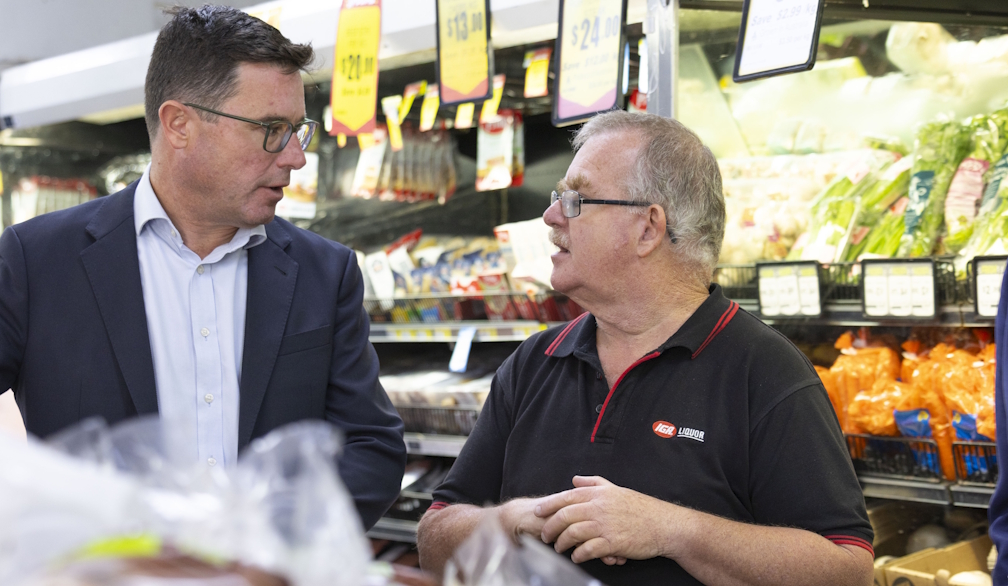Labor’s Supermarket Bill too little, too late

Labor has introduced its Supermarket Treasury Laws Amendment (Fairer for Families and Farmers and Other Measures) Bill in the dying hours of the final sitting week of Parliament.
Leader of The Nationals David Littleproud said Labor’s Bill comes almost two years after the Coalition started calling for action into supermarket price gouging and won’t come into effect until April next year.
“The cost-of-living crisis is now, not next April,” Mr Littleproud said.
“Why wouldn't we do everything we can to bring in penalties now, not in six months’ time, and to put regulatory guide rails and a deterrent around the supermarkets?
“The Coalition called for the Code to be made mandatory with significant penalties in late 2022 and then for a price inquiry into the disparities between farmgate and retail pricing at Australia’s major supermarkets. If Labor had taken our advice when the Coalition began calling for changes, families could have seen action earlier.
“Labor ignored the urgency and then took 100 days to appoint Reviewer Craig Emerson, after a review into the Food and Grocery Code of Conduct was meant to begin. Labor has been far too slow to act and is now catching up to the Coalition.”
While being too late, it’s also too little. Mr Littleproud said Labor’s infringement notice penalties are just $187,700, compared with the Coalition’s, which is $2 million. Labor’s high penalty will only be for some breaches and other penalties will be just over $1 million.
“In contrast, the Coalition’s plan will give the Australian Competition and Consumer Commission (ACCC) powers to undertake audits of supermarkets to ensure the supermarkets are compliant with the Code and create a Supermarket Commissioner, to act as a confidential avenue for farmers and suppliers to address the fear of retribution.
“It will also establish sector-specific divestiture powers – in the hands of the ACCC and the courts, not politicians – as a last resort to address the behaviour of supermarkets and to put an end to instances of price-gouging.”




















